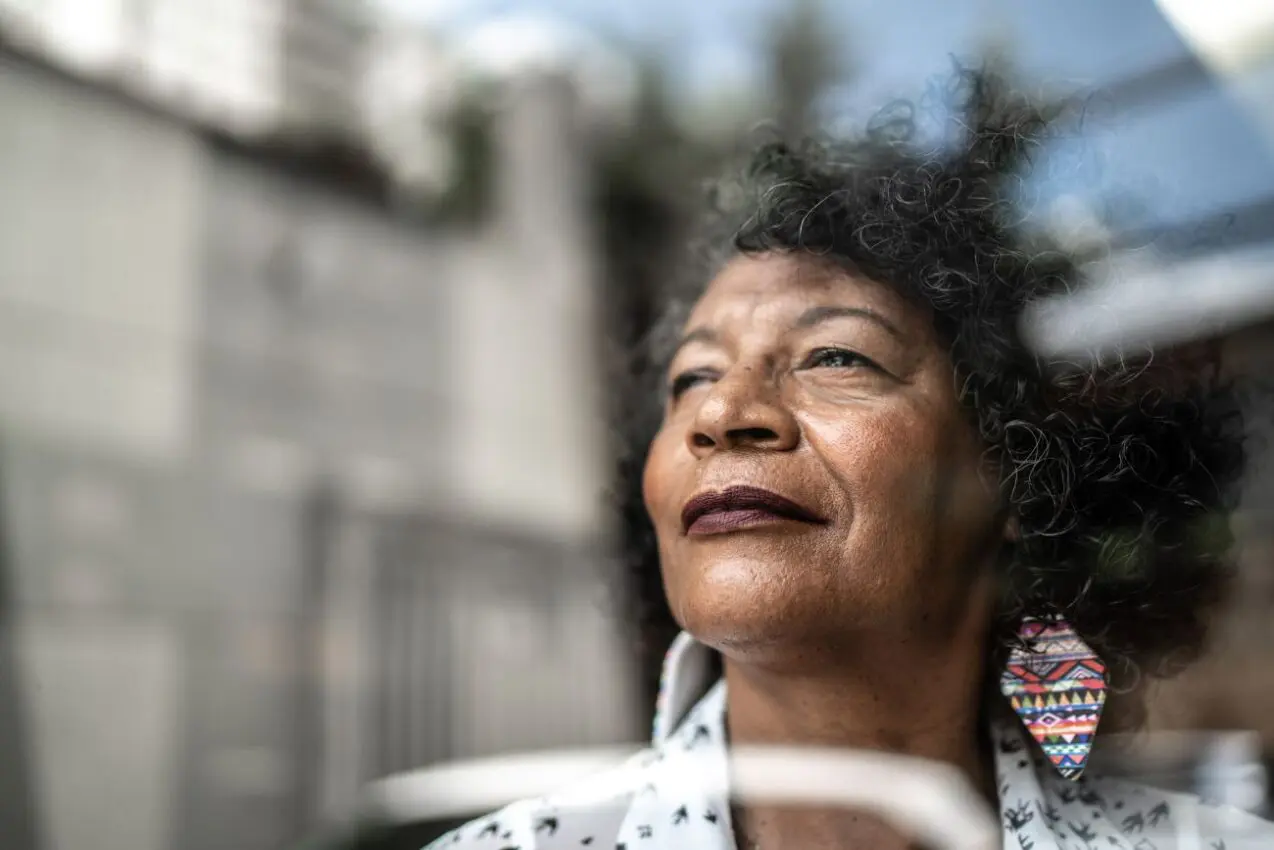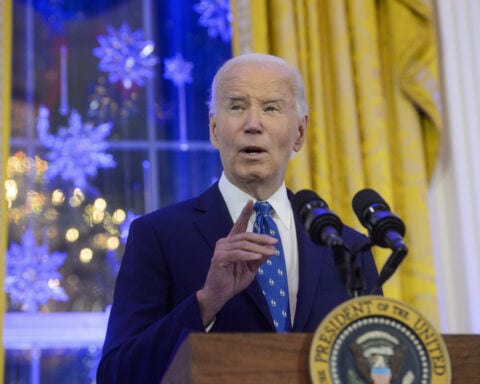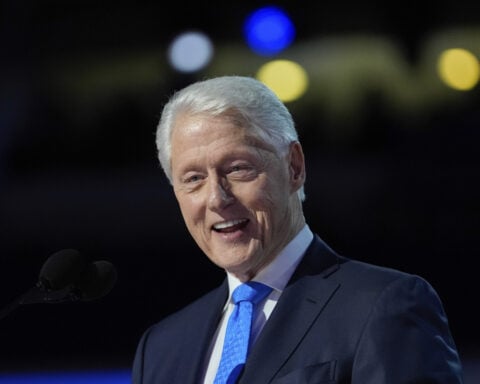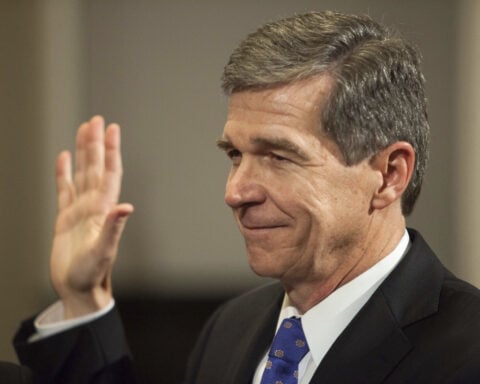The fascinating quest to become a healthy centenarian - living not just to the milestone age of 100 years, but doing so with a high quality of life - reveals surprising gender differences, according to longevity researcher Maddy Dychtwald. For women, the road to a long life expectancy with good health is surprisingly different from that of men. Even young adults in the current generation should start focusing on key factors that can extend both their lifespan and healthspan.
Women have certainly won the longevity lottery by living an average of six years longer than men in the United States. However, this victory comes with a caution notice - women tend to spend their last 12 to 14 years in declining health on average. This critical detail highlights a concerning gap between simply living longer (lifespan) versus living those extra years in good physical and mental health (healthspan).
Medical scientists and researchers do not fully understand the exact reasons behind this gendered healthspan gap. Dychtwald, the co-founder of the influential think tank Age Wave, notes in an article in the LA Times that the hormone estrogen initially provides important protective benefits for women's overall health. But once estrogen levels naturally decline with age, women surprisingly face more accumulated health challenges than aging men.
Despite women making up just over half of the total population at 51%, the healthcare system has historically prioritized and focused more on understanding and treating men's health issues. This lack of prioritization for analyzing critical women's longevity factors is slowly starting to change due to increased research, advocacy, and societal pressure, similar to how activism around breast cancer led to vital strides in cancer research, treatment methodologies, and improved survival rates.
Dychtwald's own personal health challenge at age 68, where she required double hip surgery yet faced long waiting times while in excruciating daily pain, led her to adopt crucial lifestyle changes. These adjustments alleviated her pain and symptoms within just weeks through methods like adopting an anti-inflammatory diet by eliminating sugar, gluten, and dairy, as well as holistic approaches like meditation. This empowering experience inspired her latest book, "Ageless Aging," which methodically distills a wealth of scientific research on how individuals can positively impact up to 90% of their healthspan and longevity through personal lifestyle choices rather than being bound by genetics alone.
"If you can impact one piece - sleep, nutrition, fitness, having a sense of purpose and connection - it begins to affect the others in a positive cycle," Dychtwald explains about the ripple effects and compounding benefits of adopting a comprehensive, holistic longevity approach tailored specifically for women's unique biological and psychological needs.
Cutting-edge research from institutes like Cedars-Sinai reveals that regular exercise provides more efficient healthspan benefits for women compared to men. One fascinating study mentioned in the LA Times article found that women only need 2.5 hours of moderate aerobic exercise weekly, such as brisk walking or cycling, to reduce their mortality risk by an impressive 18%. In contrast, men require double that amount at 5 hours of the same activities to achieve the same risk reduction outcome. Similar striking results were also seen for the ideal frequency of muscle-strengthening exercises like weightlifting, with women only needing one session per week compared to men requiring three weekly sessions.
Two critically important yet underappreciated areas that demand more dedicated medical research focus and public awareness are brain health and the influential role of hormones. Regarding brain health, women face a startling two times higher risk of developing Alzheimer's disease compared to men of the same age. Yet, conversations around cognitive decline seem to carry stigma. Additionally, the intricate role that hormones play in affecting critical functions like mood, cognition, sleep quality, bone density, and more are still being uncovered. Preventive lifestyle steps like adhering to a Mediterranean-style diet, regular exercise, introducing probiotic foods, and limiting alcohol consumption can all help promote healthy aging.
On a positive note, studies conducted by Age Wave show that women tend to gain more self-confidence and become more self-assured from age 50 onward relative to their male peers, who seem to experience more plateauing in confidence levels around that same age. Embracing this sense of accumulated wisdom and empowerment can serve as an important complement to adopting healthy lifestyle efforts toward enjoying an active, independent longevity as a centenarian.
Zooming out to a global perspective, it's critical to understand that women's longer life expectancy compared to men is not a uniform constant across all countries and cultures. The precise gender gap size in life expectancy varies greatly, from under 2 years difference in some nations like Nigeria to an alarming over 10-year divide in countries like Russia, Belarus, and Ukraine. This life expectancy gap between the sexes has also fluctuated and shifted throughout different eras of human history. The gap had been widening gradually in the early-to-mid 20th century, likely due to factors like higher smoking rates among men before more recently starting to narrow again as smoking rates declined.
While infant mortality used to be the prime contributing factor to the historical life expectancy gap, modern times have seen the divide stem more from accumulated higher death rates among older men linked to chronic, lifestyle-influenced diseases like heart and respiratory issues. However, an imbalance remains present from birth, as newborn boys statistically face higher risks of genetic disorders, congenital conditions, and greater vulnerability to illnesses compared to newborn girls.
In essence, achieving the goal of healthy longevity for the growing global population hoping to live as healthy centenarians involves a holistic, conscious lifestyle approach that accounts for the specific gender-based factors affecting both lifespan and optimizing healthspan. With scientists estimating up to an astonishing 90% of our health destiny is potentially under our own control through personal behaviors, the research indicates that proactively adopting protective steps can empower both women and men to live not just longer lives on paper but to truly thrive and live well into old age while maximizing quality healthspan.

 Looting cripples food supply in Gaza despite Israeli pledge to tackle gangs, sources say
Looting cripples food supply in Gaza despite Israeli pledge to tackle gangs, sources say
 American Airlines lifts ground stop after unspecified technical issue
American Airlines lifts ground stop after unspecified technical issue
 A blast at a Turkish ammunition factory kills at least 12 people
A blast at a Turkish ammunition factory kills at least 12 people
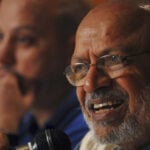 India's legendary filmmaker Shyam Benegal dies at age 90
India's legendary filmmaker Shyam Benegal dies at age 90
 How to track Santa Claus around the world with NORAD’s flight tracker
How to track Santa Claus around the world with NORAD’s flight tracker
 No. 23 Michigan heads out west for matchup with No. 4 USC to tipoff Big Ten play
No. 23 Michigan heads out west for matchup with No. 4 USC to tipoff Big Ten play
